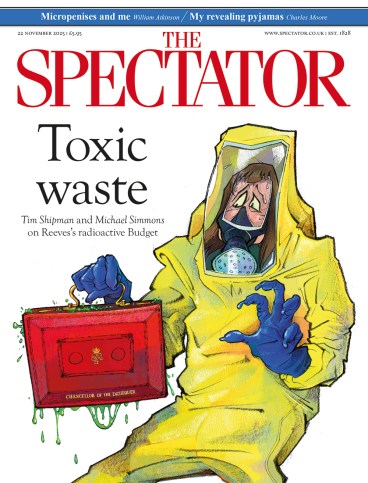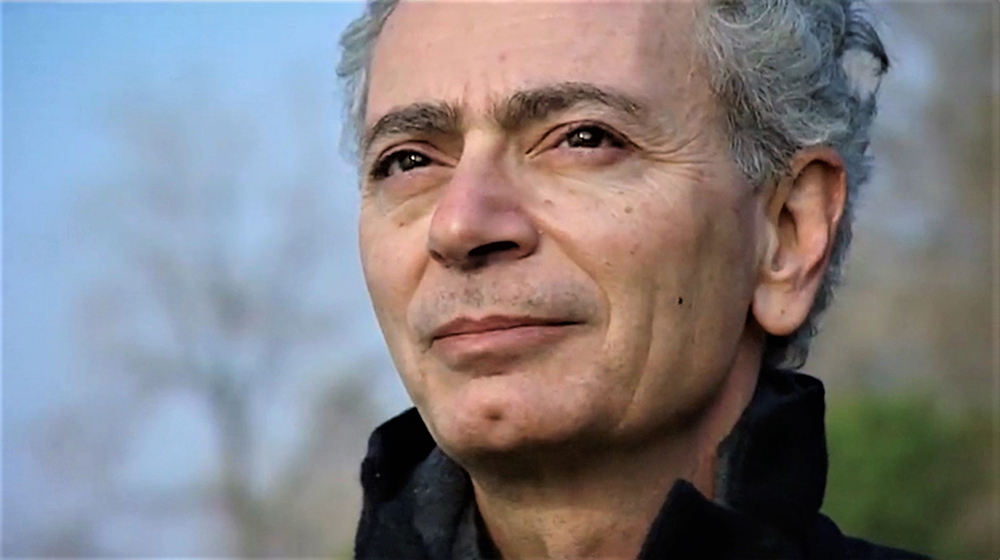
A researcher arrives in Trieste to piece together the life of a well-known literary figure. In cafés, bookshops and hospitals he visits the friends and lovers who were part of the writer’s circle. Now dying themselves, they share echoes of a literary scene that has long since dispersed. Women recall how they were celebrated in poetry; men how their conversation sparkled. Someone remembers how the writer once asked if he might immortalise one of his witticisms in his work: ‘Forty years ago I made a joke in a bar, and he said “Oh that’s good! Will you give it to me? I want to put it in my novel.’” But the proposed novel never came. At the heart of this short, dreamlike book is a gap: the great writer around whom this literary society orbited never published anything. Our narrator’s quest, then, is a philosophical one: ‘I came here to understand why a writer didn’t write.’
Some old friends recall him making light of his failure to write – ‘as if it weren’t worth the effort’. Others how he would arrange their lives – suggesting they take a certain partner or embark on an affair – as though they were characters to be manipulated into narratives that just happened to take place in the real world rather than on the page. A former girlfriend imagines him reasoning that there are already too many books: ‘It’s useless to add more. If there were no longer any books, people would have to think for themselves.’
Meanwhile, our narrator, too, is ambivalent about his own writing project, often bored or impatient with the now elderly figures he interviews.
A Fictional Inquiry, the first novel by Daniele del Giudice, who died in 2021, was published in Italian in 1983. It was feted by Italo Calvino, and later adapted for cinema. Its Italian title is Lo stadio di Wimbledon, which rather loses its mystique in English. Anne Milano Appel’s elegant translation judiciously renames it, and the new title does a lot of work. We have an inquiry, certainly, and one that concerns itself with what it takes to produce fiction. But everything assumes another dimension if we know that the man at the centre of it all, Bobi Bazlen, really existed. He discovered Italo Svevo and brought out the first Italian editions of Freud, Kafka and Musil, but produced no writing of his own. How much of Del Guidice’s inquiry then is indeed fictionalised and how much real? The pacing and tone here are noirish: a memorable metaphysical detective story about the space between writing and life.







Comments